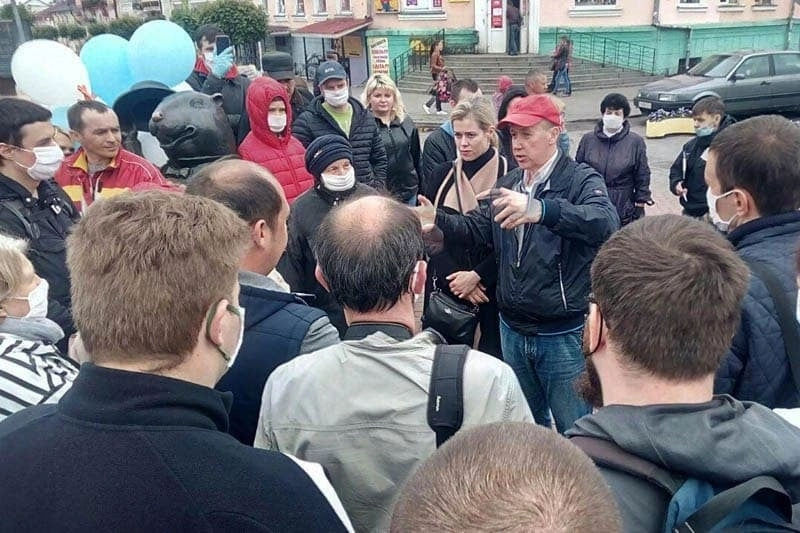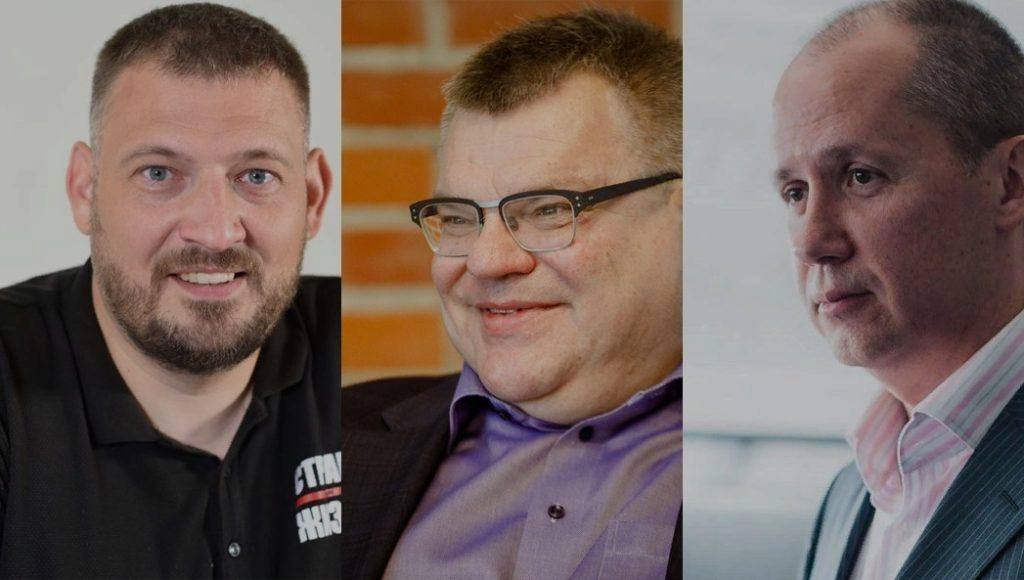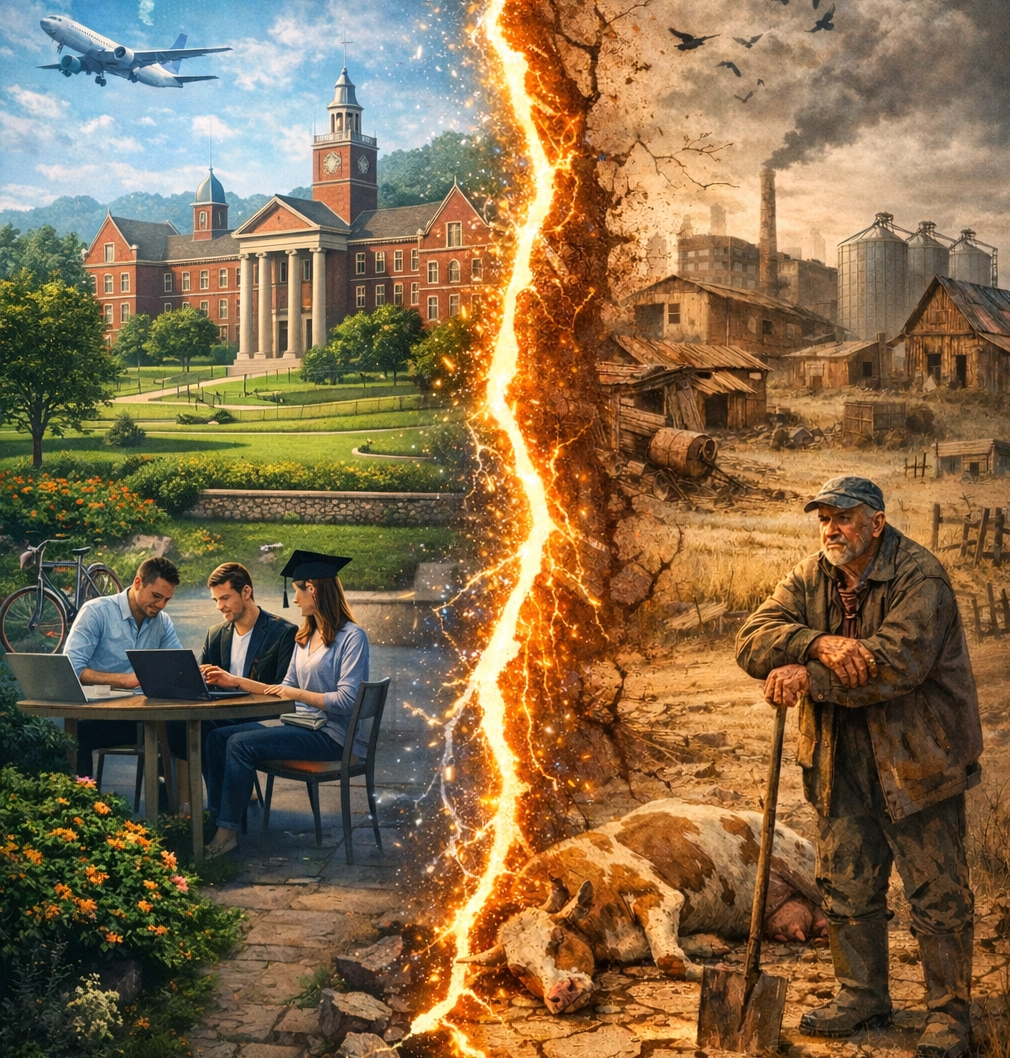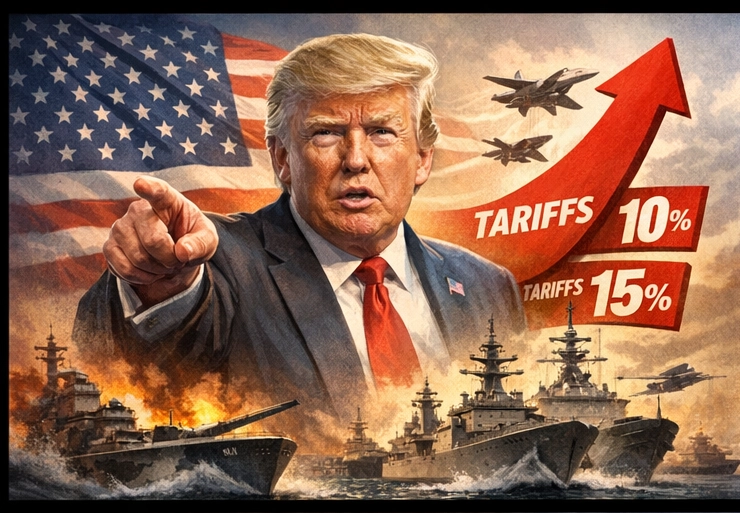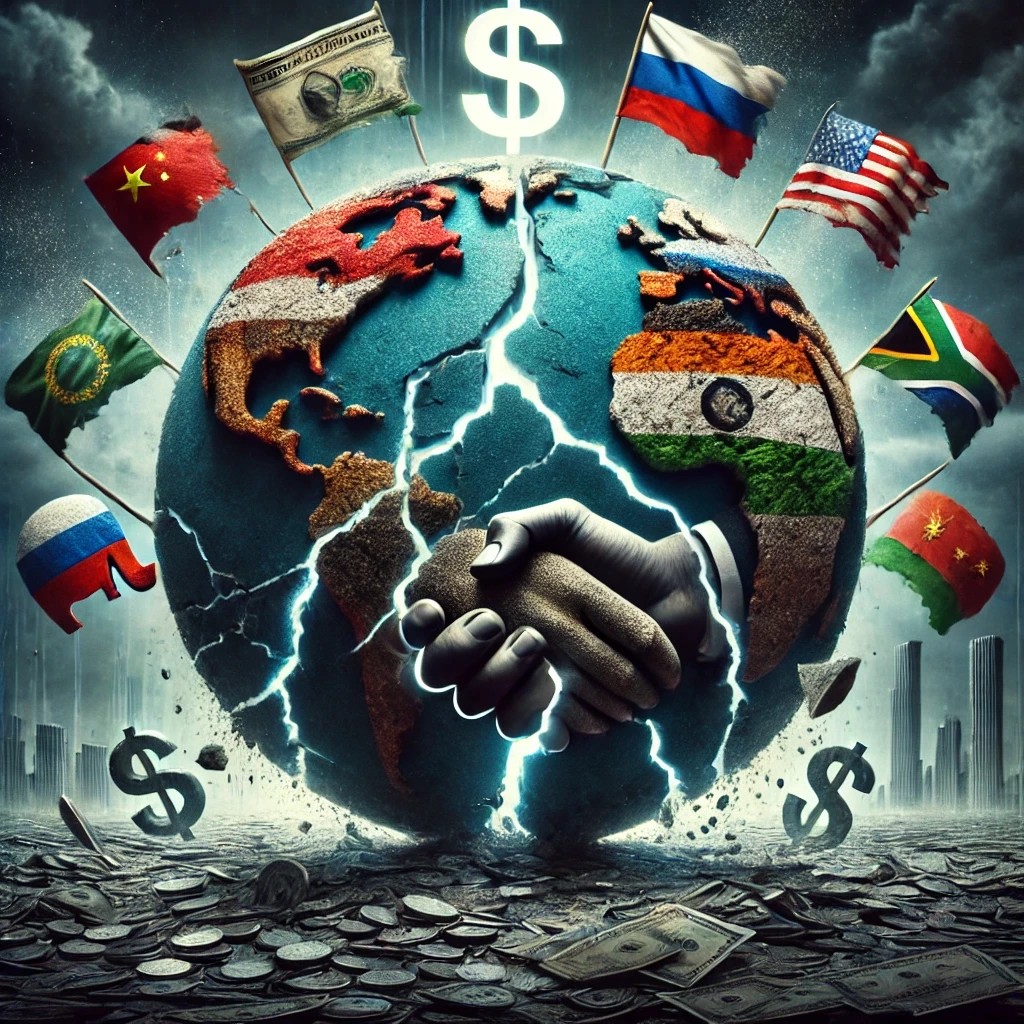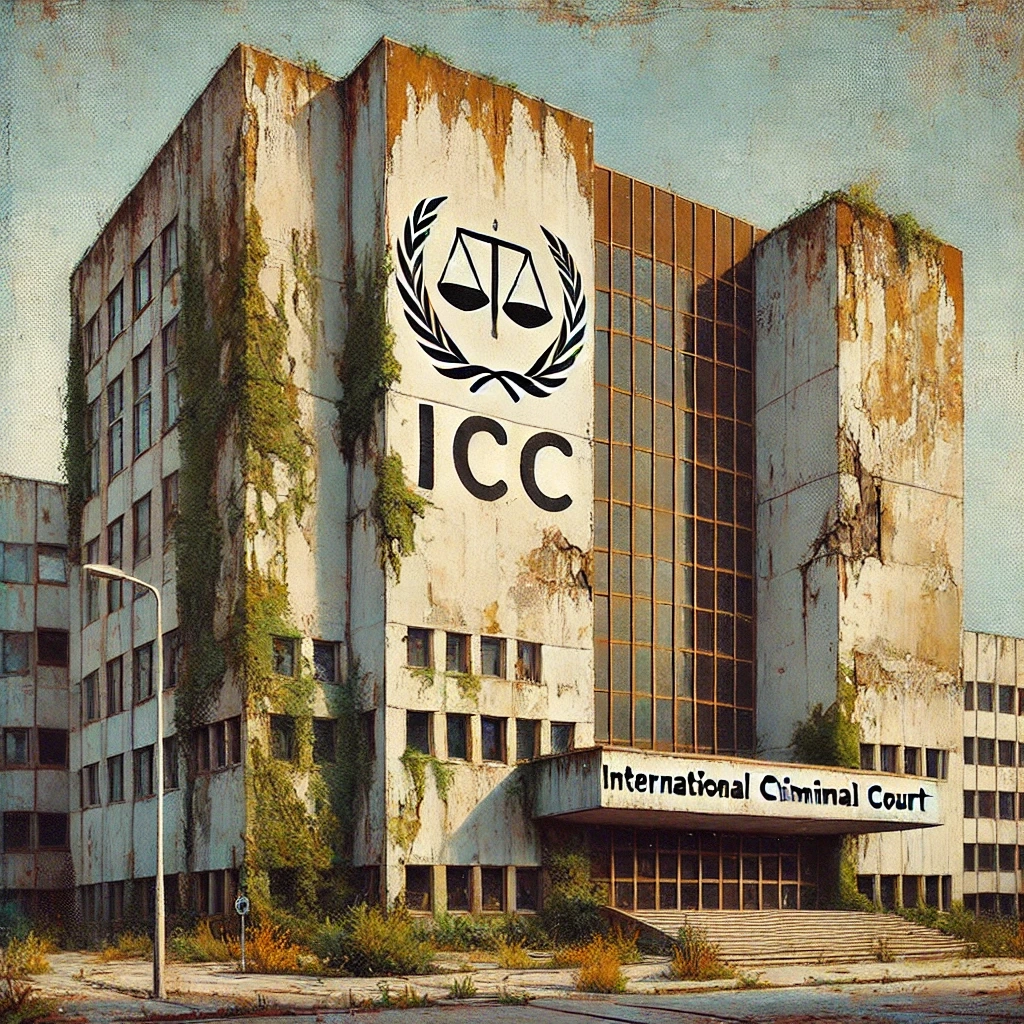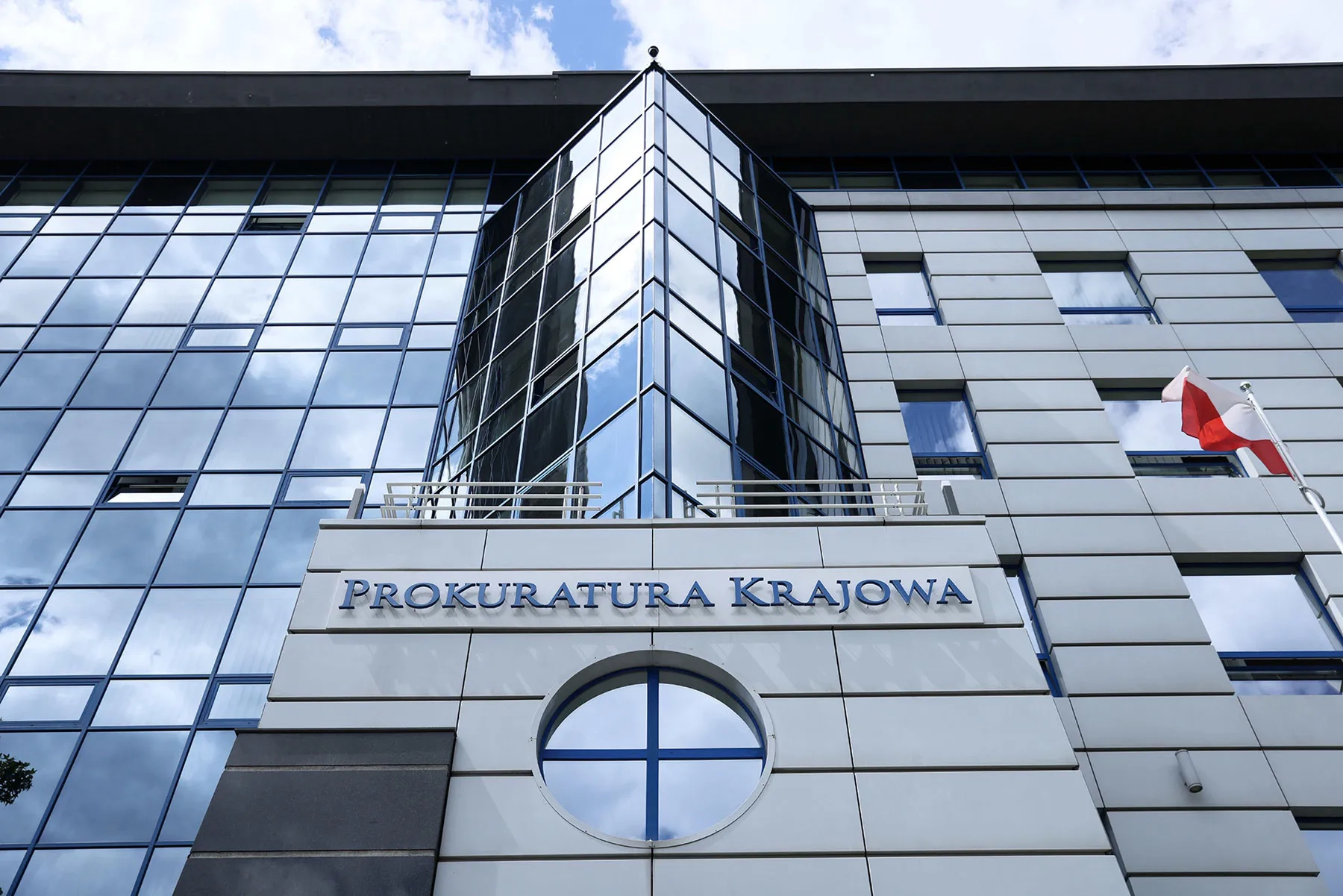The Trio of Leaders and a Historic Gamble
In May 2020, a trio of new leaders emerged in Belarus—none affiliated with political parties or foreign-backed foundations—who dared to openly challenge the entrenched authoritarian regime. Entering the presidential race required exceptional civic courage; everyone understood the possible consequences. This wasn’t merely about losing freedom—it meant risking one's life. Belarusian history had no shortage of warnings.
Back in 1999, former Interior Minister Yury Zakharanka—one of the few security officials brave enough to denounce Lukashenko’s illegal orders—disappeared without a trace. That same year, Viktar Hanchar, chairman of the Central Election Commission and initiator of an alternative presidential election, was abducted and murdered. His close friend, businessman and philanthropist Anatol Krasouski, vanished alongside him. In 2000, ORT cameraman Dzmitry Zavadski, who worked with journalist Pavel Sheremet, also went missing. Sheremet himself had earlier been arrested in Belarus after a making a report on the Lithuanian border, triggering an international scandal. Then-Russian President Boris Yeltsin publicly demanded his release and even ordered Lukashenko’s plane—then in Russian airspace—to turn back, forcing the Belarusian leader to return to Minsk.
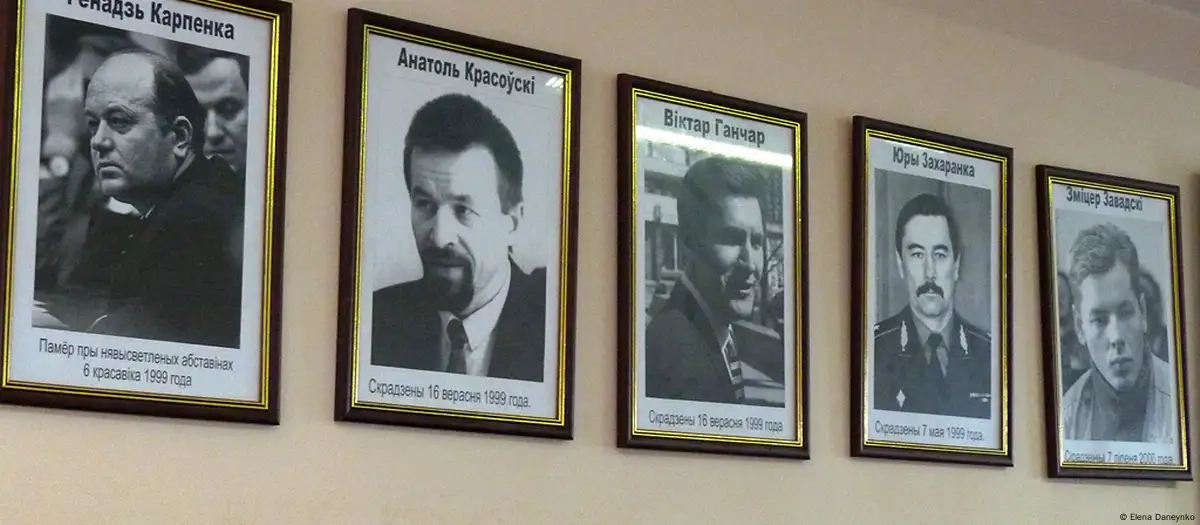
The Disappeared of Belarus. I knew personally well both Viktar Hanchar and Yury Zakharanka .
In 2010, every independent presidential candidate was arrested and sent to the KGB’s pre-trial detention center. In 2016, Pavel Sheremet—by then living in Kyiv and the founder of the investigative portal Belarusian Partisan—was killed in a car bombing.
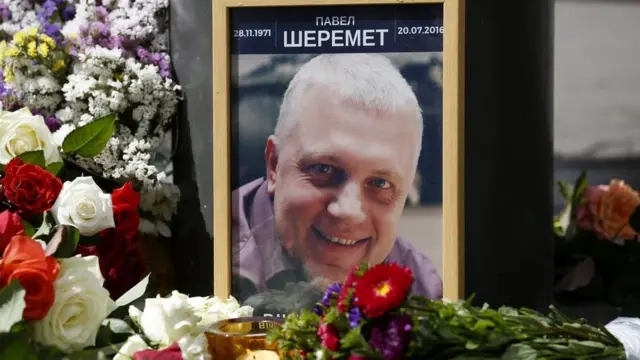
These events made it clear: in Belarus, any attempt to run for office, to speak the truth, or even to assist in organizing alternative electoral processes could result in the most severe punishment—up to and including death.
This is why the decision to declare one’s candidacy in the 2020 election was so significant: it showed that there were still people in the country willing to cross a line beyond which neither safety nor life could be guaranteed.
What gave us the strength to act was the firm conviction that Belarusian society could no longer continue under the old order. We consciously assumed a historic responsibility—to become the engine of change. Each of us knew how dangerous this path was, and yet we were prepared to pay the personal price—for millions of our fellow citizens and for the future of Belarus.
On May 8, 2020, the official day the election was announced, Veronica and I pressed the "Post" button on Facebook together. That was how my public announcement to run for the presidency of the Republic of Belarus appeared. It was a kind of manifesto, an articulation of my vision of a Belarus where every citizen feels not like a cog in the machine, but like the rightful owner—of their land, their town, their country.
I spoke of a Belarus where Parliament represents the people, not a single ruler. Where the judiciary is independent, and laws are applied equally to all. Where the state serves as a partner to its citizens and businesses—not as a tyrant. Where people respect one another, speak freely, and work not out of fear, but with interest and dignity. Where young people stay instead of leaving, where villages thrive instead of decaying. Where, instead of parades and photo ops in pigsties, we build world-class schools and universities, launch startups, and create modern infrastructure for the next generation.
Through the creation of the High-Tech Park, I had already proven that Belarusians are as creative, entrepreneurial, and educated as any people on earth. That our energy, intellect, and dignity—not the trade in oil products, wood chips, or potash—should be the true wealth of the nation. We can build an economy rooted not in extractive dependency, but in talent, knowledge, and freedom.
That manifesto became more than just the platform for my presidential campaign. It later served as the foundation for what became the famous “female trio”—a formation meant to show Belarusians that politics can be built on honesty and humility, not greed or ambition. It aimed to restore public faith in politics as an act of service, not a mechanism for personal enrichment. But that is a subject for a separate, deeper conversation.
We began building our team only on May 8—the day the elections were officially declared. That late start posed serious challenges. There had been no chance to vet staff in advance, to plan campaign strategy, to organize logistics, or establish communication channels. Everything had to be done on the fly—amid complete uncertainty and constant danger.
Still, I made a deliberate choice to act. In an authoritarian regime, even the suggestion of presidential ambition is a threat to one’s personal safety. I knew that if I had started confiding in anyone—even close friends—about my intentions, a leak, an informant, or a tapped phone call could have triggered an immediate response. Elimination was a real possibility—not only political, but physical.
At best, you could be preemptively arrested for 15 days, as happened to Siarhei Tsikhanouski, to prevent him from even registering an initiative group. Or, as in the case of Viktar Babaryka, a criminal case could be fabricated in advance as he tried to build his campaign.
Lukashenko initially underestimated Babaryka. He assumed that a banker, with the image of a respectable bourgeois, could not stir the masses. Bankers, especially in a poor society, are not widely loved. But when Viktar’s campaign took off and attracted huge support, pre-prepared “evidence” was immediately brought out—the documents had just been waiting in a drawer for the right moment.
In authoritarian Belarus, even the worst scenarios couldn’t be ruled out—you could simply vanish, as others had before: kidnapped, murdered, buried in unmarked graves. But their day will come. There will be exhumations. Investigations. The names of the masterminds and the perpetrators will be made public. And those who disappeared will be honored as heroes of Belarus. Streets, parks, and schools will bear their names. Their stories will be written into history books. Their portraits will hang in the future parliament. But in May 2020, all we could see ahead was uncertainty.
My startup office came under surveillance almost immediately. A truck appeared across the street on Skaryna Street and never moved. Suspicious individuals started loitering near our home.
Many of those I knew and deeply respected—brilliant experts, organizers, strategists who could help Belarus to thrive in peaceful modernization—were unprepared for an existential confrontation with an authoritarian state. They were born to build, not to fight.
Those who did step forward, bold as they were, were often untested or unfamiliar. There was no time to evaluate their character or skills as I used to do at the High-Tech Park. As the saying goes, we went “straight from the march into battle.”
In that sense, Siarhei and Viktar had a clear advantage. They had started forming their teams early—discussing strategy, establishing communication channels, recruiting and training supporters. Siarhei did this through his "Country for Life" channel, while Viktar used the financial and logistical resources of Belgazprombank. He took a major risk by launching his campaign while still serving as the bank’s head. He likely didn’t yet grasp the depths of the regime’s ruthlessness—that it would not just target him, but also his colleagues, friends, and family. As soon as his polling numbers rose, the regime launched the attack: staged documents, raids, accusations, arrests.
Honestly, I might not have dared to run in 2020 had I still been heading the High-Tech Park. In such a system, that decision would not have endangered only me—it would have meant inevitable persecution of the entire organization. In regimes like this, repression extends beyond the individual to everyone involved in the decision. Any official document in state structures requires sign-off by multiple people—deputies, department heads, legal counsel. The principle is: “If one is guilty, all are guilty.” That is what “collective responsibility” means.
Just before the 2020 election, we witnessed this principle in action in the so-called “doctors’ case.” The KGB, under the direct control of Lukashenko’s son Viktor, initiated a case involving large-scale corruption in the Ministry of Health: state funds had been used to procure medical equipment at several times the market price. About fifteen individuals were arrested, from senior officials to ordinary staff. One employee ended up in jail over a supposed bribe—a cup of coffee and a mobile phone.
Only one person was released immediately: Health Minister and Deputy Prime Minister Vasily Zharko, who stood at the top of the corrupt hierarchy. The justification for his release was that, despite ten years in office, he had supposedly “overlooked” the multimillion-dollar fraud taking place under his leadership.
More likely, Zharko escaped charges because he was the uncle of Lukashenko’s youngest son, Nikolai. That family tie might also explain his meteoric rise—from deputy chief physician of a children's clinic in Brest to Minister of Health and Deputy Prime Minister within two years. That episode laid bare the structure of the Belarusian state—a version of Orwell’s Animal Farm, where all animals are equal, but some are “more equal than others.”
If the regime could spare a corrupt official in plain view of the security apparatus, punishing the innocent was even easier. When the order came to go after Viktar Babaryka, the system activated its routine of collective punishment. Dozens of Belgazprombank employees were repressed—their only “crime” was working alongside him. Later, his son Eduard was also arrested.
This was more than a crackdown—it was a calculated form of psychological torture. A person was made to suffer not only from losing their freedom but from crushing guilt—that innocent colleagues, friends, and even one's own child were punished because of your decision... In such conditions, political participation ceases to be a personal choice—it becomes a collective sentence for everyone near you: through duty, loyalty, or blood.
My case was fundamentally different. My former deputies and key staff who had once co-signed official decisions continued working at the High-Tech Park. By the time I decided to run, three years had passed since my resignation—they were no longer at risk. Nor were the CEOs of resident companies. Together, we had completed development of the park by 2015, building offices, housing for programmers, a primary school, kindergarten, sports facilities, an education center, a business incubator, coworking spaces, and all necessary infrastructure. My campaign posed no danger to them.
The only person I confided in was my wife, Veronica. She understood the risks—and yet supported me unflinchingly. We hoped that even a brutal regime would not stoop to using small children as leverage. Sadly, we were wrong. We underestimated the depravity the regime was capable of. But more on that later.
At the time—those first days after the election announcement—no one knew whether Belarusians would support us. The regime still appeared monolithic, immovable, supremely confident. Yet we moved forward—because we believed historical truth was on our side. And in that step into the unknown lay the essence of true civic courage.
We took that step first. Without backing. Without guarantees. At great personal risk to ourselves and our families. And that’s what united the three of us—me, Viktar Babaryka, and Siarhei Tsikhanouski. We came from different paths, but each of us, in our own way, challenged the dictatorship. And each of us paid the price.
To be continued.
